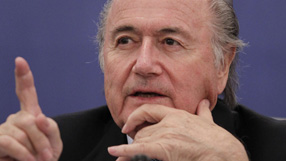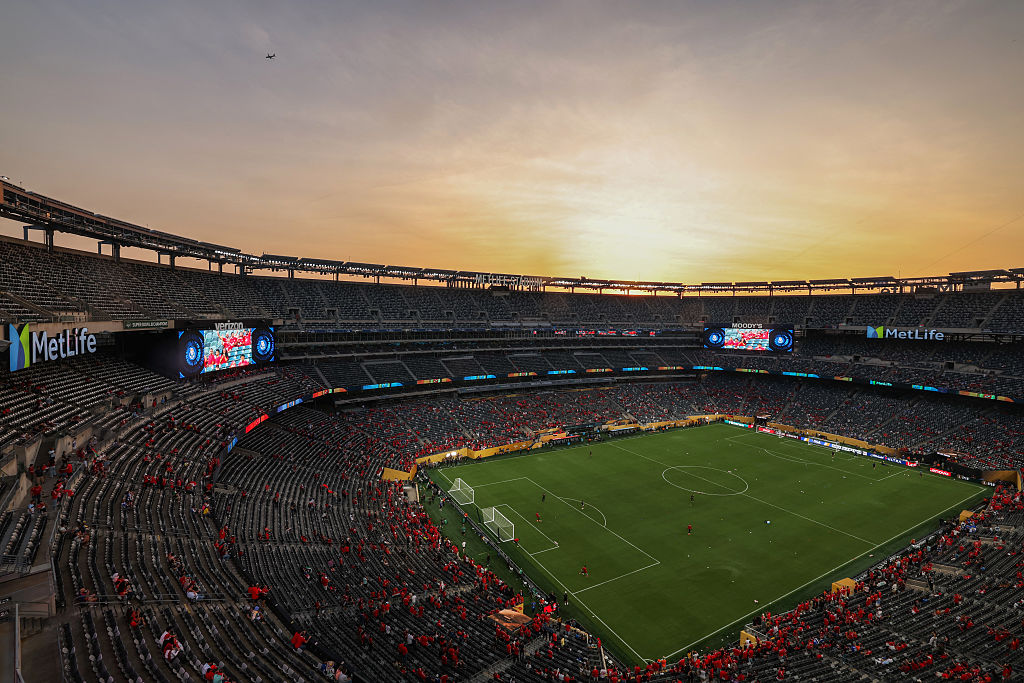
"I'm sure that this is a wake-up call and this will not happen in any match, you can be assured," the head of football's governing body told a news conference on Monday following Sunday's incidents in which at least 15 were injured.
General-secretary Jerome Valcke said that the disruption which interrupted play in the second half had illustrated the danger of selling tickets on match days which FIFA has refused to do for the month long finals (June 11-July 11).
"We have been criticised very often for not distributing tickets on the match day at the stadium and it's what happened there," said Valcke.
"It's good for us because it proved we are right to say that you should never distribute tickets at the stadium on the match day.
"That's why we will keep this principle during the World Cup.
"The level or organisation we have when we organise a game is definitely higher than the one we have seen there," he added.
"We have to make sure the police working around the World Cup stadiums will do better than what we saw yesterday."
The best features, fun and footballing quizzes, straight to your inbox every week.
LESSONS LEARNED
Valcke refuted suggestions that FIFA, which has said it had nothing to do with the organisation of the fixture at the Makhulong Stadium in Johannesburg, had prevented the game from being played at a venue.
"We control the 10 World Cup stadiums which cannot be used (for friendlies)," he said. "But there are other stadiums, including rugby stadiums, where they could have played."
Blatter, meanwhile, said that Brazil were right to play a friendly in Zimbabwe last week, which was seen by some as a publicity coup for President Robert Mugabe after he was photographed on the pitch with the players including Kaka.
"You have seen the enthusiasm of the people and I say connect people through football. I think it was a good idea to go there," Blatter said.
FIFA also confirmed that there was no problem with joint bids for the 2018 and 2022 World Cup tournaments for which Belgium-Netherlands and Spain-Portugal are candidates.
"When we went through the bid documents, it was clear that there was one joint organising committee in each case, which is a big difference from 2002 when you had a World Cup with two different local organising committees," said Valcke.
"That is why the principle was accepted."
Valcke said that the number of tickets sold for the World Cup had passed three million.
 Join The Club
Join The Club





